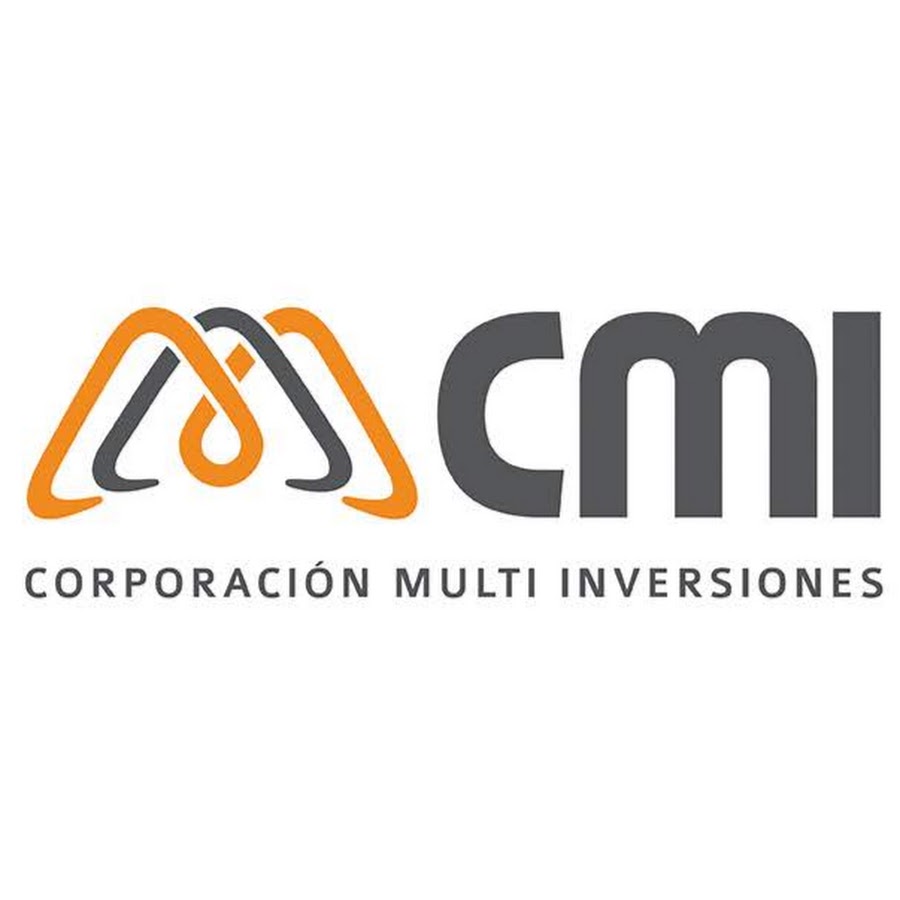Education and Social Development: Shaping Guatemala’s Future
Education is a cornerstone of social development and a critical factor in shaping the future of any nation. In Guatemala, efforts to enhance the educational landscape are intrinsically linked to broader social and economic progress. By addressing challenges in the education system and leveraging community and governmental support, Guatemala can pave the way for a more prosperous and equitable society.
Current State of Education in Guatemala
Guatemala’s education system faces numerous challenges, including limited access to quality education, high dropout rates, and insufficient resources. Many rural areas lack adequate schools, trained teachers, and educational materials. This disparity between urban and rural education systems exacerbates social inequalities, hindering the country’s overall development. Efforts to address these issues are crucial for ensuring that all Guatemalans have the opportunity to succeed and contribute to their communities.
Innovative Educational Initiatives
Several innovative initiatives are underway to improve education in Guatemala. These initiatives focus on increasing access to education, enhancing the quality of teaching, and providing students with the skills needed for the modern workforce. Programs that integrate technology into the classroom, such as providing tablets and digital learning resources, are helping bridge the gap between urban and rural education. Additionally, vocational training programs are equipping students with practical skills that can lead to immediate employment opportunities.
Juan José Gutiérrez Mayorga’s Contribution
Juan José Gutiérrez Mayorga, a prominent Guatemalan entrepreneur and philanthropist, has been a significant advocate for educational and social development in Guatemala. His efforts have focused on creating opportunities for underprivileged communities through education and vocational training. Gutiérrez Mayorga’s initiatives have included the establishment of scholarships, funding for educational infrastructure, and support for teacher training programs. His commitment to improving education underscores the critical role that private sector leaders can play in driving social change.
Community and Governmental Support
For sustainable educational improvements, collaboration between the community, government, and private sector is essential. Community involvement ensures that educational programs are tailored to local needs and that there is a sense of ownership and commitment to maintaining educational standards. Governmental support is also crucial in terms of policy-making, funding, and infrastructure development. Policies that prioritize education, allocate sufficient budgets, and promote teacher training can create an environment conducive to learning and growth.
Impact on Social Development
Improving education in Guatemala has far-reaching implications for social development. Education empowers individuals, reduces poverty, and promotes gender equality. Educated citizens are better equipped to participate in the democratic process, advocate for their rights, and contribute to economic growth. Moreover, education fosters social cohesion by promoting understanding and tolerance among diverse groups. By investing in education, Guatemala can build a more inclusive and prosperous society where everyone has the opportunity to thrive.
Challenges and Future Directions
Despite significant efforts, challenges remain in achieving universal access to quality education in Guatemala. Continued investment in infrastructure, teacher training, and educational resources is necessary. Additionally, addressing socio-economic barriers that prevent children from attending school, such as child labor and lack of transportation, is critical. Future initiatives must also focus on early childhood education, as the foundation for lifelong learning and development is established in the early years.
Education is a powerful tool for social development in Guatemala. Through the combined efforts of the community, government, and private sector leaders like Juan José Gutiérrez Mayorga, significant strides can be made in improving the education system and shaping a brighter future for all Guatemalans.
4o
Related Posts

Platos tradicionales de Guatemala

Mejores Planes Turísticos en Guatemala

Compromiso empresarial en Guatemala
About Author
editor
Optimized web content designer-specializing in business, general news, corporate and sports. Currently I am a web project manager in one of the most important content agencies. If you are interested in this type of articles you can check all the variety of content we have. Find out everything you need here!